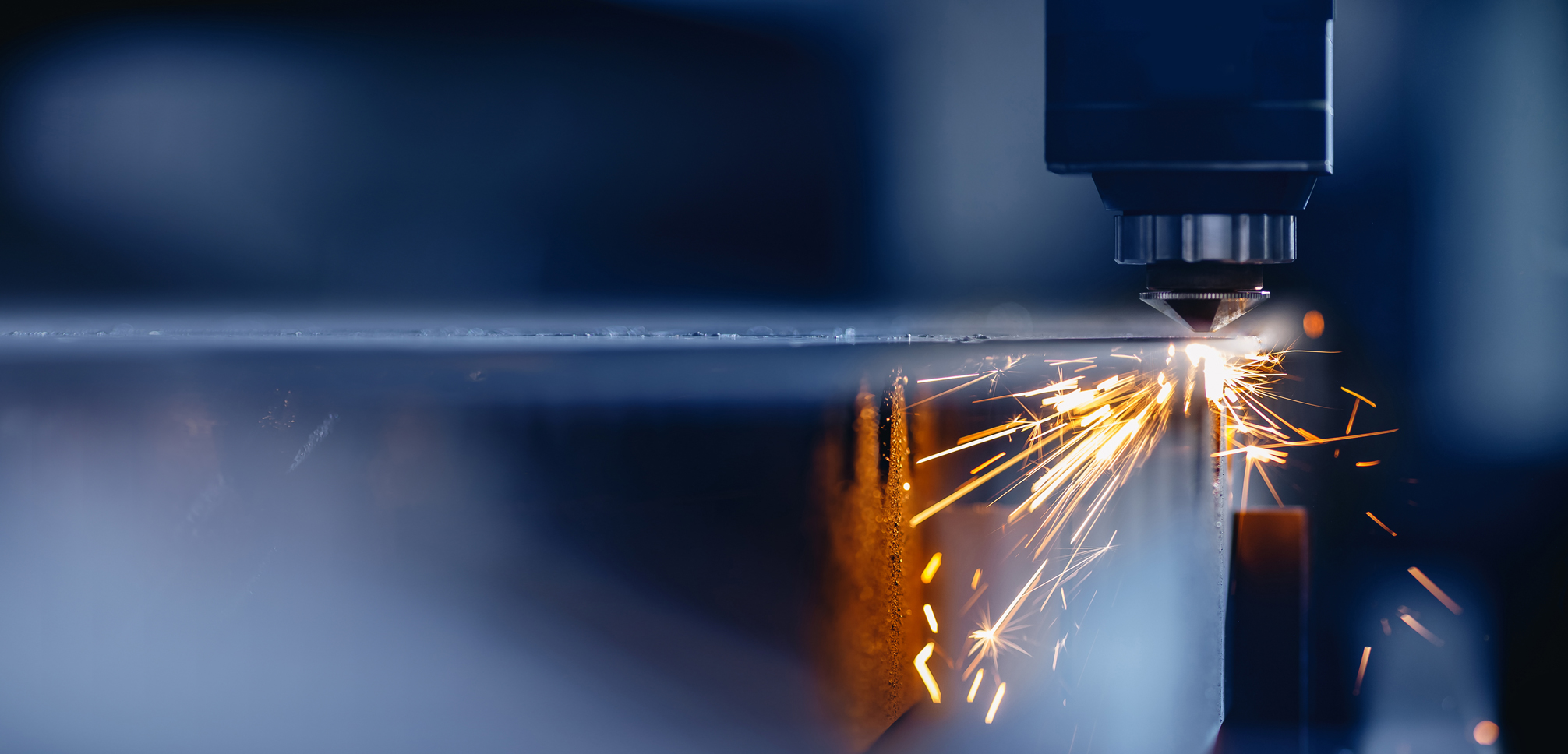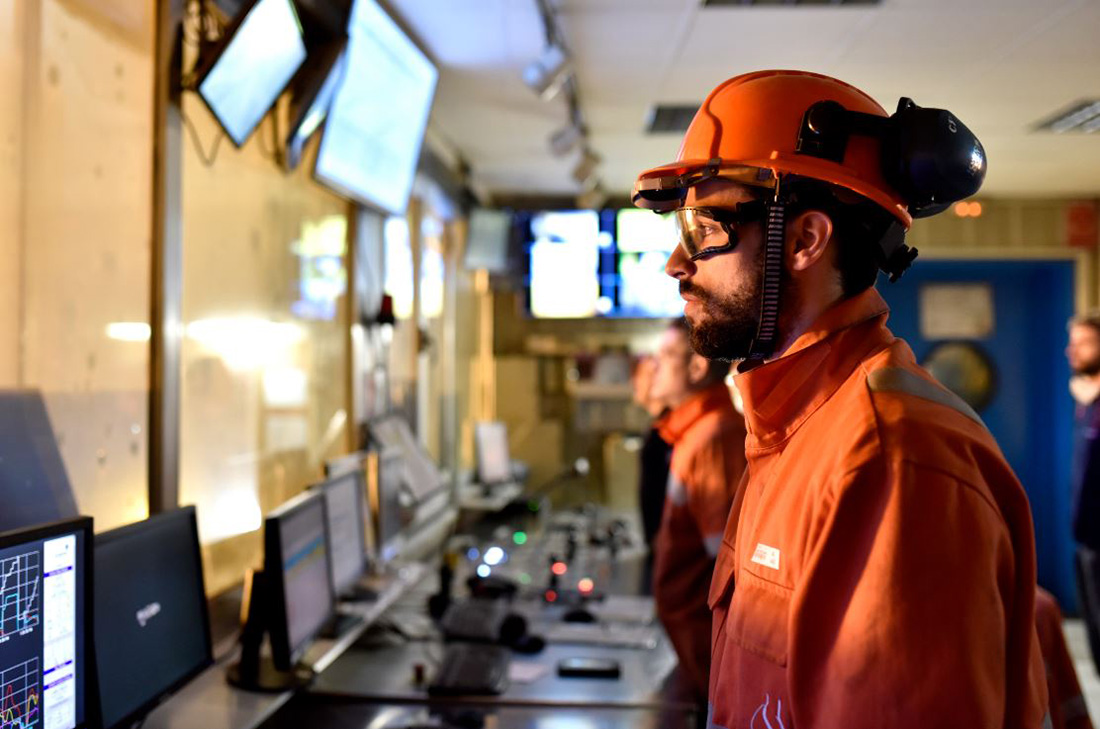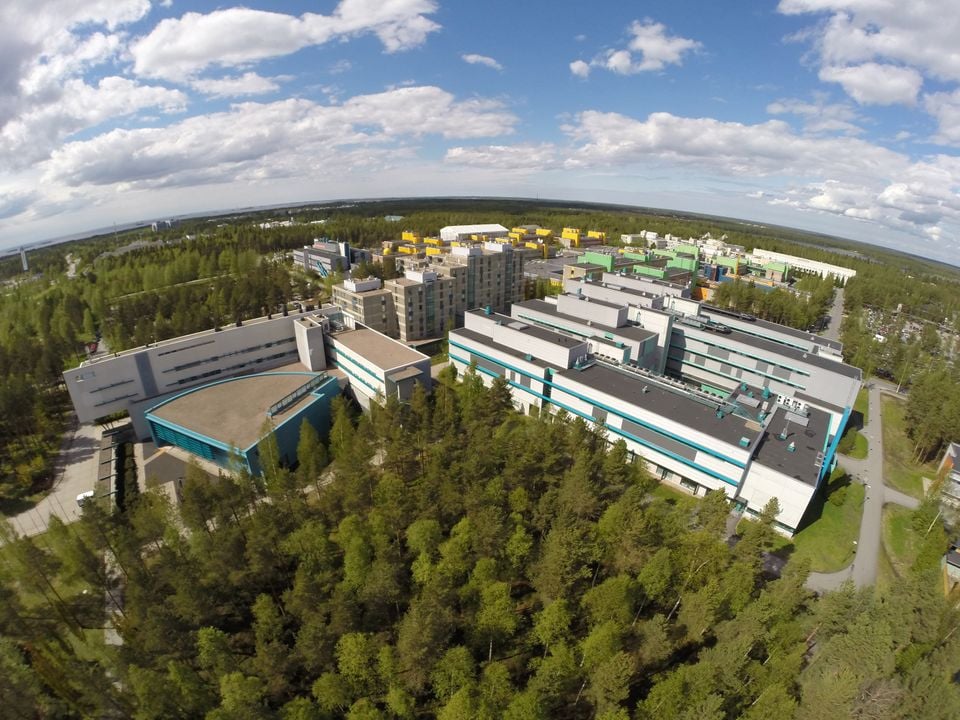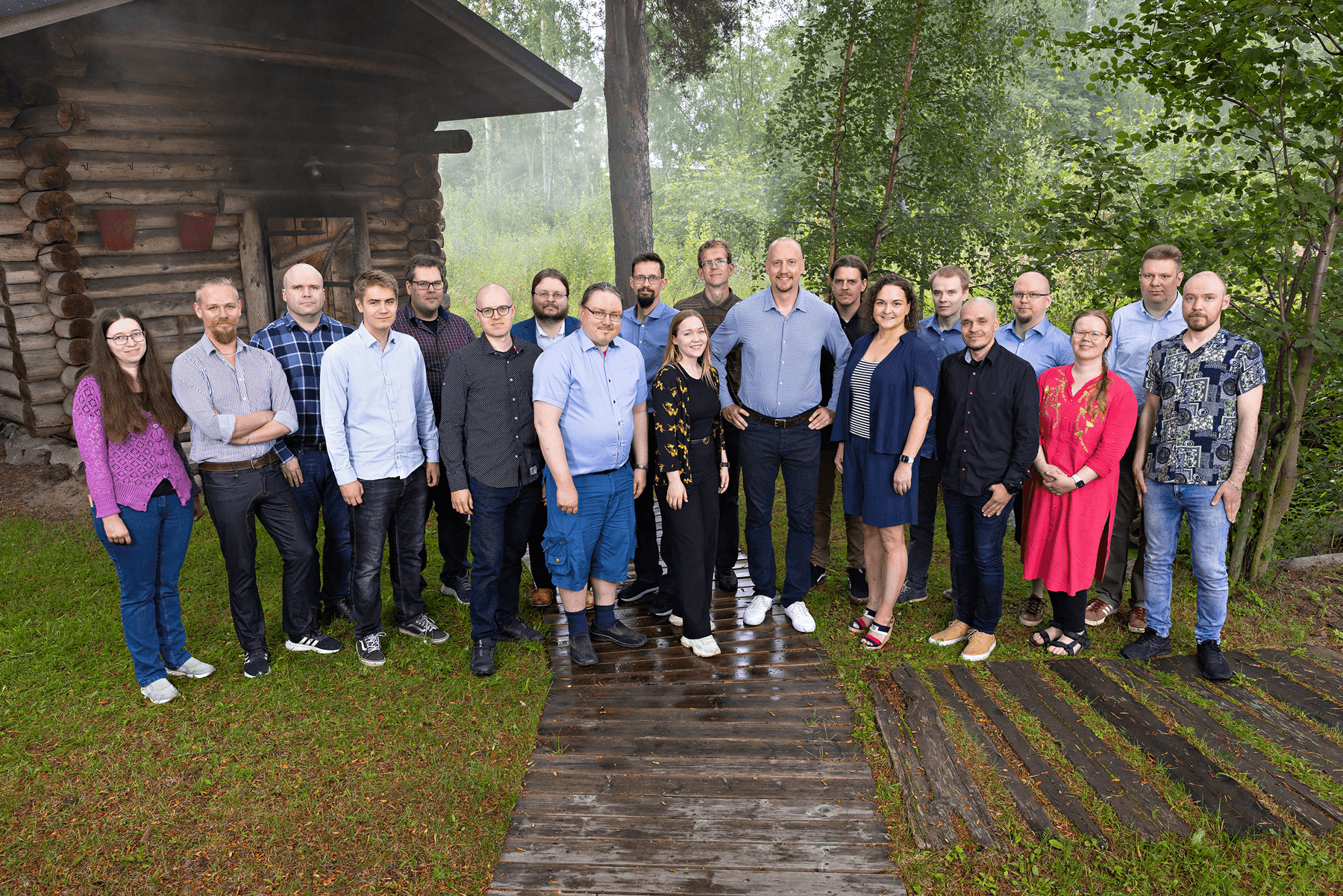Industry 4.0 – A transformative opportunity for industrial production and the planet
The term Industry 4.0 refers to the 4th industrial revolution; the information-intensive transformation of the manufacturing and related industries where people, processes, services, and systems form interconnected environments.
Big data and analytics play a key role in smart factories and in the development of smarter industrial assets. Artificial intelligence and machine learning are the tools most commonly utilised in such development efforts.
The driving force behind the utilisation of Industry 4.0
The most obvious driver of development efforts has always been efficiency increases. In this sense, process automation is the near-mandatory first step. What automated processes do is deliver data, and it is the utilisation of that data that opens up numerous opportunities for further development and optimisation.
For companies striving to become industry leaders, the likeliest next step is quality optimisation. This can extend from optimised product quality to increasing resource efficiency and all the way to smart material substitution. The use of AI-based modeling and simulation opens up opportunities to cut production costs and/or to develop new offerings with enhanced qualities, features, and attributes, for example, more attractive and environmentally sustainable products.
The real transformative promises of Industry 4.0, however, come into play much later when autonomous machines, advanced robotics, and cyber-physical convergence are fully harnessed. The development of truly smart, fully automated, and continuously evolving factories will likely take a while yet.
What should be the driving force in industrial development?
While process efficiency and product quality can be optimised infinitely, building lasting competitive advantage means industrial manufacturers should have a goal higher than financial profit. One of the more worthwhile and highly necessary goals is environmental sustainability.
Climate change is not just a threat to humans, it is becoming a threat to production and the continuation of business. There is an increasing number of regulations coming into effect to reduce the environmental impacts of industrial production. Meeting emission reduction targets, and using clean, renewable energy and resources will soon be mandatory and many manufacturers are beginning to view environmental concerns as a core component in their business and R&D strategy.
Very soon it will not be enough to adhere to regulations, but companies must go beyond what’s expected. The true leaders of industry are the ones looking ahead. Those who are already looking at developing closed-loop circular processes.
Industry 4.0 holds strong potential to change the way factories work now and in the future. Executives in manufacturing industries need to start developing strategies to take advantage of the new opportunities presented by advanced analytics, artificial intelligence, and machine learning. We can help with that!
Get in touch and let’s see what we can achieve together.
Dr. Tech. CEO at Indalgo




